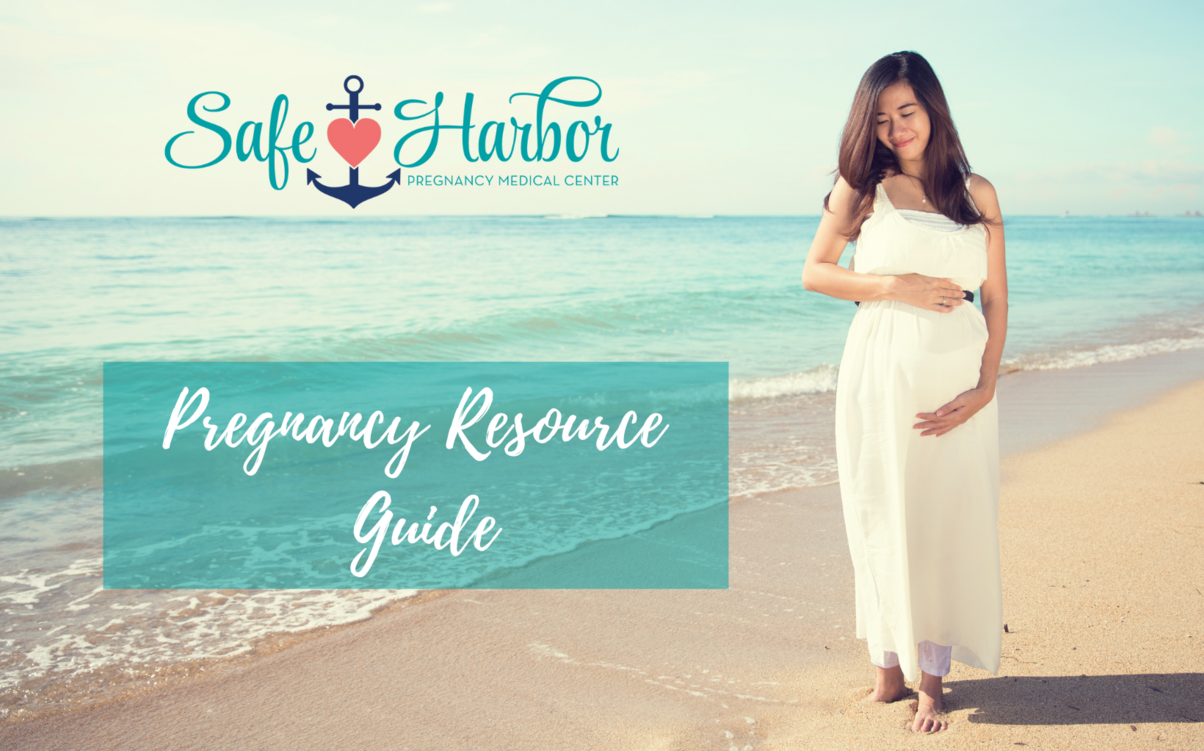
Managing Pregnancy Symptoms
Now that you are pregnant, you may be experiencing discomforts caused by changing hormones or your body's adaptation to pregnancy. We have some general health guidelines that may help to minimize your discomfort. If these symptoms become severe or persist, you need to seek help from a physician or emergency room.
MORNING SICKNESS
Some women experience nausea early in the morning when they first awaken. Others may have it off and on all day. For most women, this decreases after the first three months. If you experience nausea when you first wake up, try eating a high protein snack before bed, such as cheese, milk, yogurt, peanut butter on an apple or celery slices, chicken, turkey or soy products. You can also try eating crackers before you get up in the morning and rise slowly without sudden movements. If your nausea occurs during the day, it is important not to allow yourself to get too hungry. Try to eat six small meals instead of two or three. Never go long periods without food. Avoid strong tasting or smelling foods or anything that you know makes you sick. Also, anything with ginger may be helpful, such as ginger ale, ginger snaps, or ginger tea.
Taking vitamin B6 can be an effective option for improving symptoms of nausea, but it may not do much to reduce vomiting.
If vitamin B6 hasn't worked, combination therapy may help to alleviate symptoms. Studies found that taking vitamin B6 and Unisom (Doxylamine) in combination can help to effectively manage and reduce symptoms of vomiting and nausea during pregnancy.
You should take 10-25 milligram (mg) of vitamin B6 3 times a day, every 6 to 8 hours. Followed by 12.5mg to 25 mg of Unisom SleepTabs once before bed.
TIREDNESS AND FATIGUE
Try to get as much sleep as you can by taking naps and going to bed early. Mild exercise in the fresh air can restore energy when tired. Realize that foods with caffeine or sugar can give you a false burst of energy that will drop and make you feel more tired.
CONSTIPATION
Many women experience constipation during early and late pregnancy. This can be caused by the hormones of pregnancy as well as the pressure the growing uterus has against the intestines. Eating fresh fruits and raw vegetables, as well as whole grain breads and cereals, can prevent or alleviate constipation. Drinking plenty of fluids (we recommend 12 - 15 glasses of water a day) and getting regular exercise will also help.
BREAST TENDERNESS
A normal part of pregnancy is tender breasts or sensitive nipples. Wearing a bra with good support may relieve discomfort. Wearing a bra at night may help with sensitive nipples.
FREQUENT URINATION
Pressure against the bladder by the growing uterus will give the sensation of a full bladder. This is normal, and there is nothing that can or should be done to prevent it. If frequent trips to the bathroom disturb your sleep, limit your intake of fluids after 8 pm. If you feel pain or burning when you urinate, contact your healthcare provider.
DIZZINESS
Some women experience dizziness when they move or rise too quickly. The best way to avoid this is to change positions slowly and often so the blood circulates better. Eat and drink on a regular schedule, and do not go long periods without eating. Also, make sure you drink enough fluids.
EMOTIONAL UPS AND DOWNS
Changing hormones and disruptions to your life may cause you to feel like you are on an emotional roller coaster. Talking about your feelings with a friend may help. Stress and anxiety can often be relieved by talking with a good listener. Feel free to talk to our staff as we care very much about your well being. Getting adequate sleep can also help.

